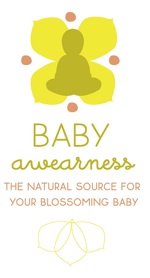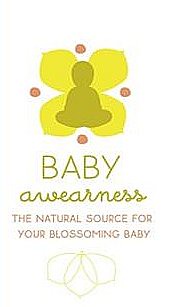by Holli Shiro
PART ONE
Technically speaking, weaning begins when something other than breastmilk is introduced to baby. For some babies weaning begins with a supplemental bottle of formula, for others it’s their first taste of rice cereal or smashed bananas. From this perspective, weaning is often a long process of gradually replacing breastmilk with other foods over the period of six months to several years. Many mothers hear that their breastmilk no longer nutritionally benefits their baby after six months or one year of age. On the contrary, breastmilk continues to be highly nutritious and delivers immunological benefits to a growing baby or toddler for as long as they are breastfeeding.
The World Health Organization recommends: “Exclusive breastfeeding is recommended up to 6 months of age, with continued breastfeeding along with appropriate complementary foods up to two years of age or beyond.”
The American Academy of Pediatrics recommends: “Pediatricians and parents should be aware that exclusive breastfeeding is sufficient to support optimal growth and development for approximately the first 6 months of life and provides continuing protection against diarrhea and respiratory tract infection. Breastfeeding should be continued for at least the first year of life and beyond for as long as mutually desired by mother and child.”
Natural weaning age
Anthropologist Katherine Dettwyler has studied weaning ages in primates according to different variables, such as weaning according to tripling or quadrupling birth weight, gestation length, attaining 1/3 of adult weight, adult body size and weaning according to emergence of permanent molars. When applied to humans, natural weaning age ranges from a minimum of two years old to a maximum of seven years old. Of course, cultural norms play a large part in deciding when to wean completely from the breast. For non-western cultures, nursing until age 3 is common. Mothers in western cultures often wean at a much younger age.
Deciding to wean: what to consider
Child’s reasons for continuing to nurse:
Tastes good, feels good, source of comfort and quality time with mom
Child’s reasons for weaning:
Distracted by other activities, eating and drinking other foods
Mom’s reasons for continuing to nurse:
Easy and free, good nutrition and immunological benefits, mothering tool
Mom’s reasons for weaning:
Feels “touched out”, returning to work or school, desires return of fertility, outside pressures
Sunday, January 16, 2011
Subscribe to:
Post Comments (Atom)


 />
/>
No comments:
Post a Comment